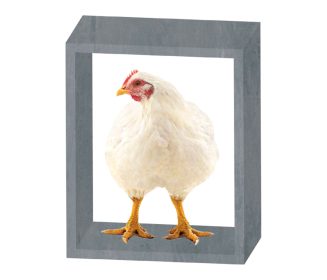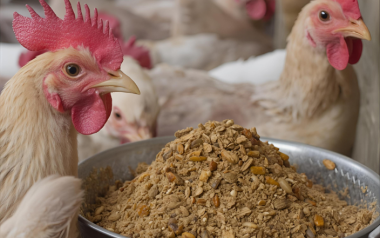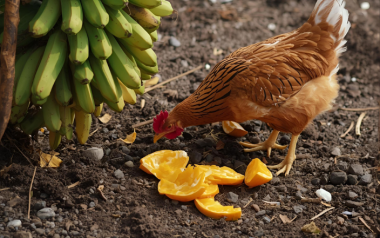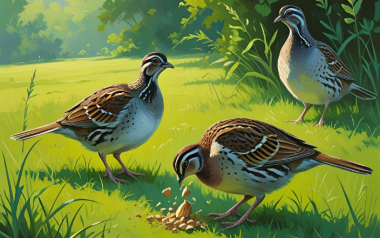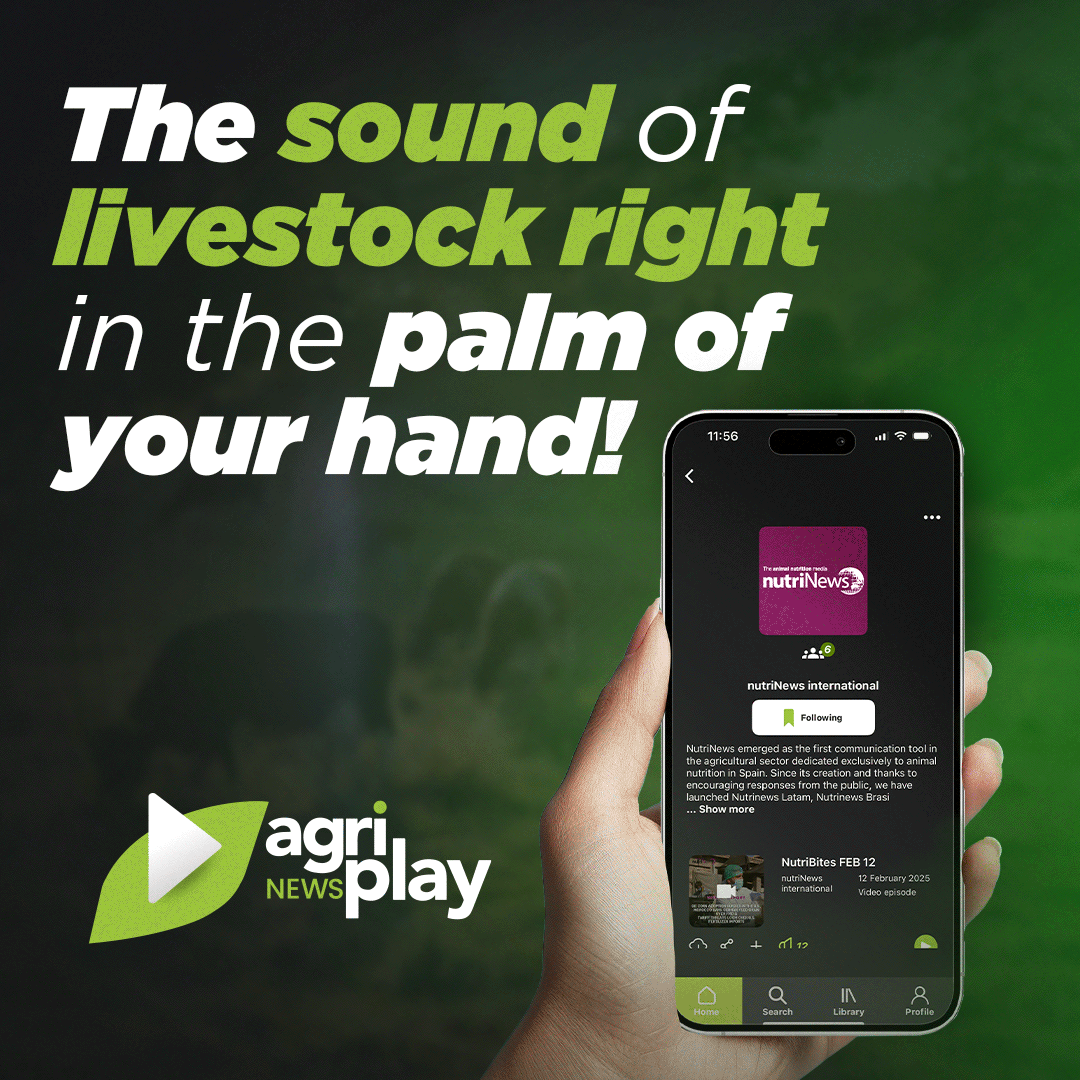Sources: Available upon request
05 Sep 2024
Colombia: 25 million birds at risk due to food shortage
The Colombian poultry sector is currently facing a significant crisis, with 25 million birds at risk due to a severe shortage of feed. This alarming situation has been primarily caused by widespread road blockades across the country, which have disrupted the supply chain and prevented essential supplies from reaching poultry farms.
In Colombia, the poultry sector is currently facing a significant crisis, with 25 million birds at risk due to a severe shortage of feed. This alarming situation has been primarily caused by widespread road blockades across the country, which have disrupted the supply chain and prevented essential supplies from reaching poultry farms.
The impact of road blockades
The road blockades, which began in early September 2024, have severely impacted the transportation of feed to poultry farms in key regions such as Santander, Bogotá, Cundinamarca, Boyacá, and Valle del Cauca. According to Gonzalo Moreno, the executive president of the National Federation of Poultry Farmers of Colombia (Fenavi), the blockades have halted the delivery of feed, putting millions of birds at risk of starvation.
Regional implications
Santander, one of the most affected regions, produces 25% of Colombia’s chicken meat and 23% of its eggs. The blockade has left the region’s poultry farms with only a few days’ worth of feed, creating a dire situation for the local poultry industry. The inability to transport feed to these farms has not only endangered the birds but also threatens the livelihoods of thousands of workers in the sector.
Economic consequences
The economic impact of this crisis is substantial. The Colombian poultry industry generates over 350,000 jobs and is a critical component of the country’s agricultural economy. The disruption in feed supply has led to a significant reduction in poultry production, which could result in higher prices for chicken and eggs in the market. This, in turn, would affect consumers, especially those in lower-income brackets who rely on these products as affordable sources of protein.
Government and industry response
In response to the crisis, Fenavi has called on the government to take immediate action to resolve the blockades and ensure the free movement of goods across the country. The organization has emphasized the need for dialogue between the government and the transport sector to find a solution that will allow the resumption of feed deliveries to poultry farms.
The government has acknowledged the severity of the situation and has been working to negotiate with the parties involved in the blockades. However, the resolution of this issue remains uncertain, and the poultry industry continues to face significant challenges.
Long-term implications
The current crisis highlights the vulnerability of the Colombian poultry sector to disruptions in the supply chain. It underscores the need for more resilient infrastructure and contingency plans to ensure the continuous supply of essential goods, even in times of crisis. The industry must also explore alternative feed sources and storage solutions to mitigate the impact of similar disruptions in the future.
In conclusion, the Colombian poultry sector is at a critical juncture, with 25 million birds at risk due to the ongoing feed shortage. The resolution of this crisis requires immediate and coordinated efforts from both the government and the industry to ensure the survival of the birds and the stability of the poultry market. The lessons learned from this situation will be crucial in building a more resilient and sustainable poultry industry in Colombia.








